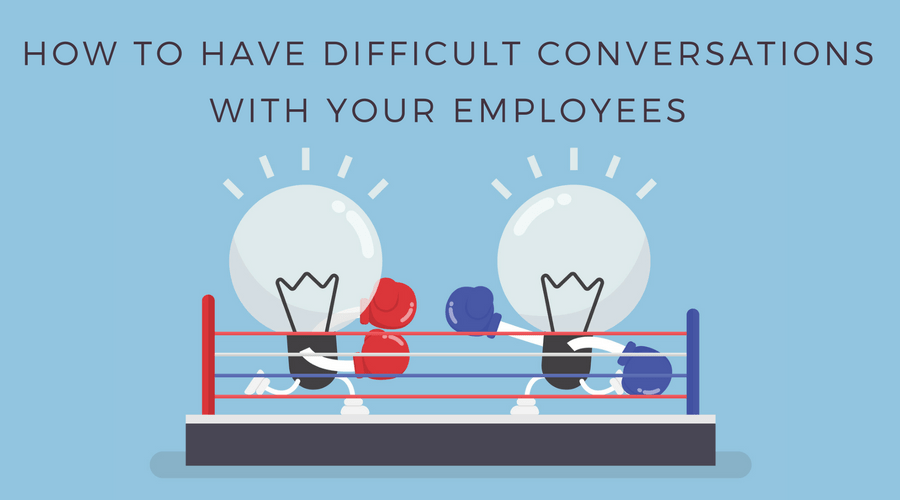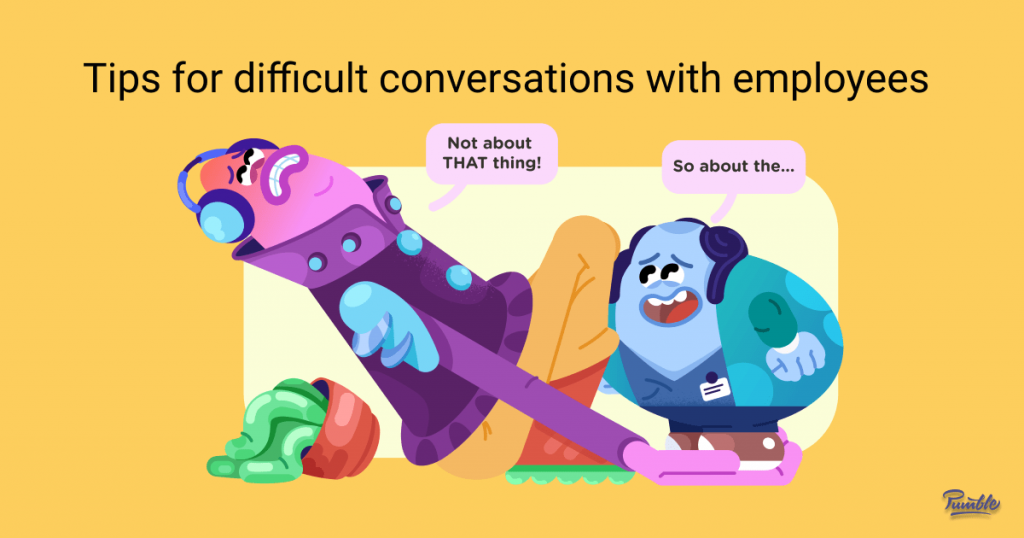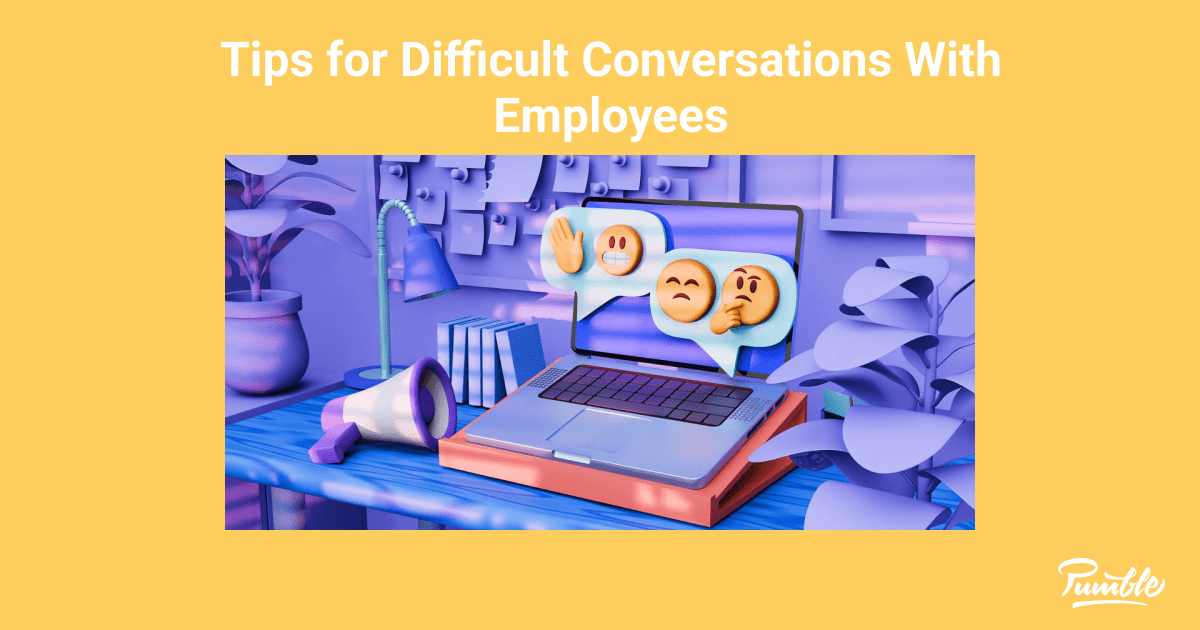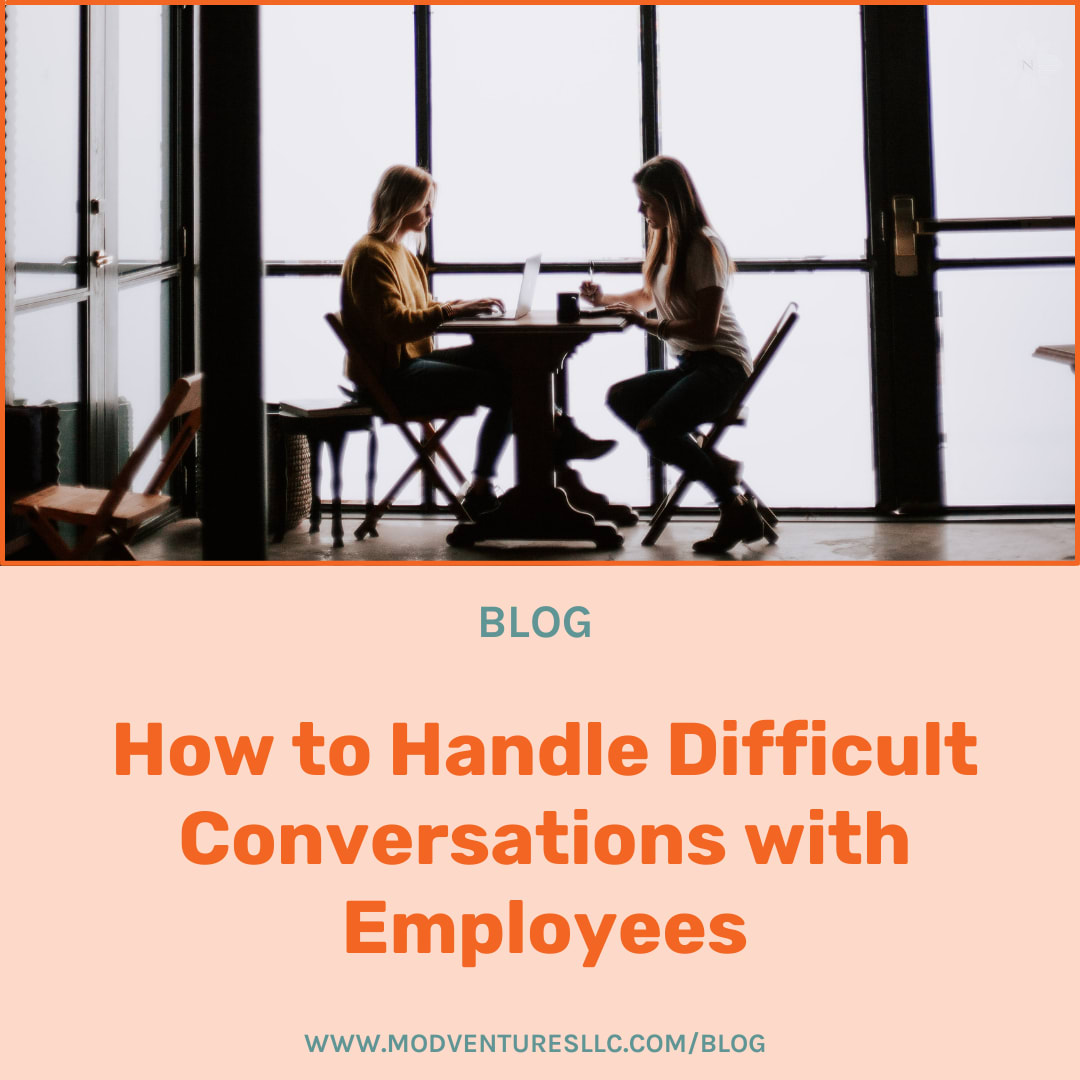How To Have A Difficult Conversation With Your Employee

The pit in your stomach. The restless nights. The constant replay of scenarios in your head. These are familiar sensations for any manager facing a difficult conversation with an employee. But avoiding these crucial discussions can be far more damaging, fostering resentment, hindering productivity, and ultimately impacting the overall success of the team and the organization.
Successfully navigating these conversations requires careful planning, empathy, and a commitment to constructive dialogue. This article provides actionable strategies, informed by expert advice and research, to equip leaders with the tools necessary to address performance issues, behavioral concerns, or other sensitive topics with confidence and professionalism. By focusing on preparation, clear communication, and collaborative problem-solving, managers can turn difficult conversations into opportunities for growth and improvement.
Preparation is Key
Before initiating a difficult conversation, thorough preparation is paramount. Self-reflection is the first crucial step. Honestly assess your own biases and emotional state to ensure you approach the discussion with objectivity and a desire to find a mutually beneficial solution.
Gather specific examples to support your concerns. Vague accusations or general criticisms are rarely effective and can leave the employee feeling attacked. Instead, document specific instances of the problematic behavior or performance, including dates, times, and relevant details.
Consider the employee's perspective. Put yourself in their shoes and try to understand the possible reasons behind their actions. Are there external factors, personal challenges, or systemic issues within the company that might be contributing to the problem?
Structuring the Conversation
Choose a private and neutral setting for the conversation. Avoid public spaces or areas where interruptions are likely. Schedule a dedicated time when both you and the employee can focus without feeling rushed.
Start by establishing a clear purpose for the meeting. Open with a statement that acknowledges the difficulty of the conversation but emphasizes your commitment to finding a positive resolution. For instance, you might say, "I wanted to have a conversation with you about your performance on recent projects. I value your contributions to the team and I want to work together to ensure you're set up for success."
Deliver your feedback directly and objectively. Avoid accusatory language and focus on observable behaviors or measurable results. Use "I" statements to express your concerns and take ownership of your observations. For example, instead of saying "You're always late," try "I've noticed that you've been late to the last three team meetings, and I'm concerned about the impact this has on team productivity."
Active Listening and Empathy
Active listening is a critical skill in any difficult conversation. Pay attention not only to what the employee is saying but also to their nonverbal cues, such as body language and facial expressions. Show genuine interest in understanding their perspective.
Ask open-ended questions to encourage the employee to share their thoughts and feelings. For instance, "What are your thoughts on the recent project feedback?" or "Are there any challenges you're facing that are impacting your performance?"
Validate their feelings, even if you don't agree with their perspective. Acknowledge their emotions by saying things like, "I understand that this is frustrating" or "It sounds like you're feeling overwhelmed." This demonstrates empathy and helps to build trust.
Collaborative Problem-Solving
Shift the focus from blame to finding solutions. Work collaboratively with the employee to identify specific steps they can take to improve their performance or address the problematic behavior. Don't dictate solutions; instead, brainstorm options together.
Document the agreed-upon action plan, including specific goals, timelines, and resources. This ensures clarity and accountability. Schedule a follow-up meeting to review progress and provide ongoing support.
Offer your support and resources to help the employee succeed. This might include additional training, mentorship, or access to relevant tools and technologies. Demonstrating your commitment to their growth can foster a stronger working relationship and improve morale.
Navigating Different Personalities
Recognize that individuals respond differently to difficult conversations. Adapt your approach based on the employee's personality and communication style. Some may be more direct and receptive to feedback, while others may require a more gentle and supportive approach. Understanding personality assessments like Myers-Briggs can be helpful, but avoid making assumptions.
When dealing with an emotional employee, allow them to express their feelings without interruption. Remain calm and composed, and avoid getting drawn into an argument. Offer reassurance and support.
If an employee becomes defensive, try to de-escalate the situation by acknowledging their perspective and emphasizing your desire to find a mutually agreeable solution. Focus on the facts and avoid personal attacks.
Follow-Up and Continuous Improvement
Following up after a difficult conversation is crucial. Check in with the employee regularly to monitor their progress and provide ongoing support. Offer constructive feedback and encouragement.
Be open to adjusting the action plan if necessary. Circumstances may change, and it's important to be flexible and responsive to the employee's needs.
Reflect on the conversation and identify areas for improvement. What did you do well? What could you have done differently? Use these insights to enhance your communication skills and become a more effective leader. By honing these skills, managers can transform difficult conversations into opportunities for growth, fostering a more productive and positive work environment, where every employee feels valued and supported.















.webp?width=1200&height=800&name=how-to-have-difficult-conversations-with-employees (1).webp)


